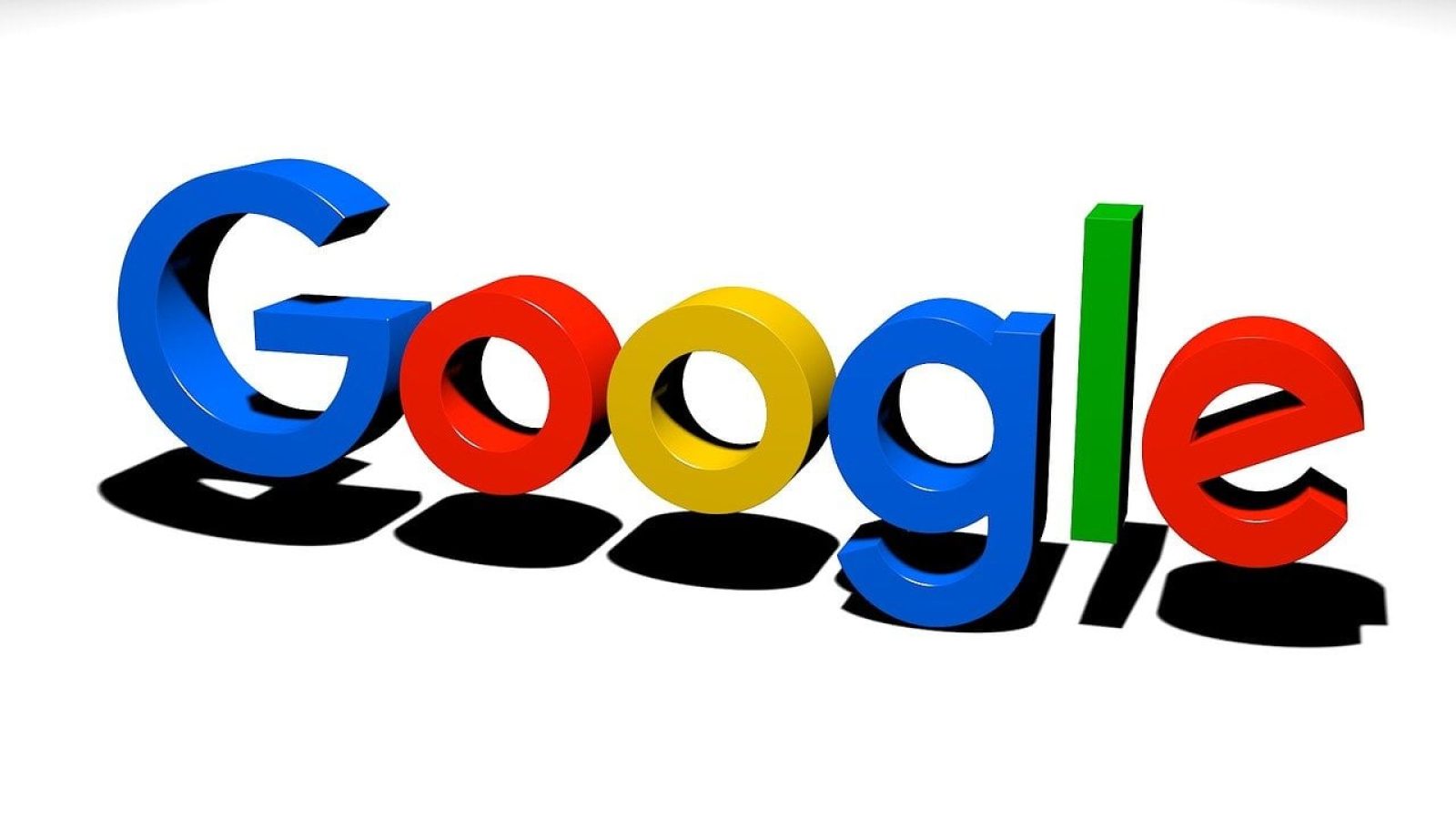A federal judge ruled Monday that Google ‘has exercised monopoly power’ and violated antitrust law.
“After a lengthy anti-trust trial, a federal judge has ruled that Google has an illegal monopoly in both search and advertising,” Sean Davis, CEO of The Federalist, commented.
BREAKING: After a lengthy anti-trust trial, a federal judge has ruled that Google has an illegal monopoly in both search and advertising. https://t.co/pDuHRVx8nA pic.twitter.com/XRZUPjDsKU
— Sean Davis (@seanmdav) August 5, 2024
“The ruling, made by the District of Columbia’s Judge Amit Mehta, sided with the US Justice Department and a group of states in a set of cases alleging the tech giant abused its dominance in online search,” Yahoo Finance reports.
“After having carefully considered and weighed the witness testimony and evidence, the court reaches the following conclusion: Google is a monopolist, and it has acted as one to maintain its monopoly. It has violated Section 2 of the Sherman Act,” Mehta wrote.
“Specifically, the court holds that (1) there are relevant product markets for general search services and general search text ads; (2) Google has monopoly power in those markets,” the ruling noted.
“Importantly, the court also finds that Google has exercised its monopoly power by charging supracompetitive prices for general search text ads. That conduct has allowed Google to earn monopoly profits,” it added.
“‘T]he court reaches the following conclusion: Google is a monopolist, and it has acted as one to maintain its monopoly. It has violated Section 2 of the Sherman Act.”
BREAKING.
A federal judge has *FINALLY* ruled Google has an ILLEGAL monopoly on both search and advertising pic.twitter.com/yz2oOpcDm4
— Kyle Becker (@kylenabecker) August 5, 2024
Yahoo Finance reports:
The findings, if upheld, could outlaw contracts that for years all but assured Google’s dominance.
Google said it planned to appeal the decision, which it said “recognizes that Google offers the best search engine, but concludes that we shouldn’t be allowed to make it easily available.”
Judge Mehta ruled that Google violated antitrust law in the markets for “general search” and “general search text” ads, which are the ads that appear at the top of the search results page.
He said Google was not liable in the market for “search advertising” because it did not hold a monopoly there.
The decision is a huge win for the Justice Department and could have giant implications for some of the other big names in the tech world.
That’s because Apple (AAPL), Amazon (AMZN), and Meta (META) are defending themselves against a series of other federal- and state-led antitrust suits, some of which make similar claims.
HUGE: A federal court judge rules — in a case brought by the Trump DOJ and continued by the Biden DOJ — that Google is an illegal monopoly and violated anti-trust laws by abusing their search monopoly by forcing consumers to use its search engine.
Remedies to be decided next.
— Glenn Greenwald (@ggreenwald) August 5, 2024
Breaking News: Google acted illegally to maintain a monopoly in online search, a federal judge ruled on Monday, a decision that strikes at the power of big tech companies and that may fundamentally alter the way they do business. https://t.co/jITvbqa70p
— The New York Times (@nytimes) August 5, 2024
From The Verge:
It’s not yet clear what this ruling will mean for the future of Google’s business, as this initial finding is only about the company’s liability, not about remedies. Google’s fate will be determined in the next phase of proceedings, which could result in anything from a mandate to stop certain business practices to a breakup of Google’s search business.
Google plans to appeal the ruling, president of global affairs Kent Walker said in a statement. “This decision recognizes that Google offers the best search engine, but concludes that we shouldn’t be allowed to make it easily available,” he said. “As this process continues, we will remain focused on making products that people find helpful and easy to use.”
“This landmark decision holds Google accountable,” DOJ antitrust chief Jonathan Kanter said in a statement. “It paves the path for innovation for generations to come and protects access to information for all Americans.”
DuckDuckGo, whose CEO testified against Google in the trial, applauded the decision, but recognized the fight isn’t over. In a statement, SVP for public affairs Kamyl Bazbaz said, “The journey ahead will be long. As we are seeing in the EU and other places, Google will do anything it can to avoid changing its conduct. However, we know there is a pent up demand for alternatives in search and this ruling will support access to more options.”
Read the full 286-page ruling HERE.
This is a Guest Post from our friends over at 100 Percent Fed Up.




Join the conversation!
Please share your thoughts about this article below. We value your opinions, and would love to see you add to the discussion!